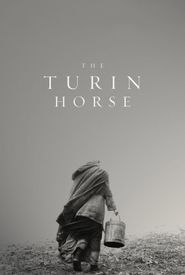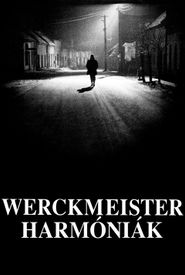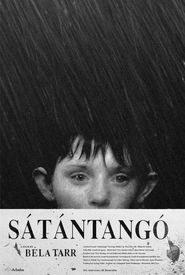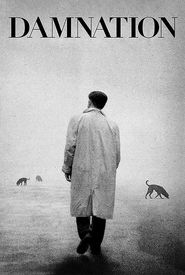Béla Tarr, a Hungarian film director of immense acclaim, was born on July 21, 1955. His cinematic endeavors are distinguished by philosophical undertones and a profound pessimism towards humanity. Tarr's filmmaking style often employs unconventional storytelling methods, such as prolonged takes and the use of non-professional actors, to achieve a sense of realism.
Tarr's directorial debut, Family Nest, was released in 1979, marking the beginning of his "social cinema" period. During this time, he focused on telling mundane, everyday stories about ordinary people, often adopting a cinema vérité style. Over the next decade, the cinematography of his films underwent a significant transformation; Damnation, released in 1988, featured languid camera movements designed to establish a sense of ambiance.
Damnation also marked Tarr's early experimentation with philosophical themes, primarily focusing on bleak and desolate representations of reality. This approach continued in his subsequent films, Sátántangó (1994) and Werckmeister Harmonies (2000),which are regarded by some critics as being among the greatest films ever made. Tarr's work gained international recognition, and he went on to compete in the 2007 Cannes Film Festival with his film The Man From London.
Throughout his career, Tarr collaborated with a range of talented individuals, including his wife, Ágnes Hranitzky, novelist László Krasznahorkai, film composer Mihály Víg, cinematographer Fred Kelemen, and actress Erika Bók. After the release of his film The Turin Horse in 2011, Tarr announced his retirement from film direction, choosing instead to focus on teaching at the Sarajevo Film School.


































